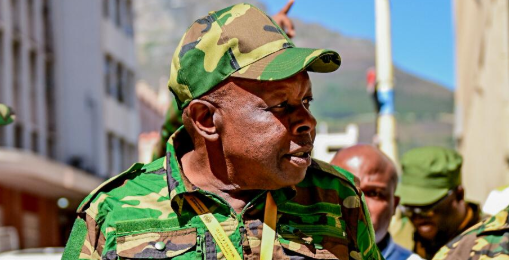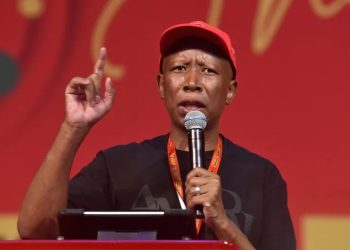Former President Jacob Zuma and the Umkhonto Wesizwe Party (MKP) have filed an urgent case in the Constitutional Court against President Cyril Ramaphosa. They accuse him of violating the Constitution and failing in his duties, particularly regarding his recent decisions involving Police Minister Senzo Mchunu.
The legal challenge focuses on Ramaphosa’s move to place Mchunu on leave, appoint Professor Firoz Cachalia as Acting Police Minister, and establish a Judicial Commission of Inquiry. The MKP argues these actions were unlawful and politically motivated.
Claims of Unconstitutional Actions
John Hlophe, MKP deputy president and opposition leader in Parliament, submitted the court papers. He called Ramaphosa’s decisions “irrational, biased, and beyond his legal powers.”
Hlophe stated there is no legal basis for placing a minister on leave, calling it an indirect suspension. He also suggested Ramaphosa protected Mchunu due to their political alliance within the ANC.
Financial Waste and Confusion
The court papers highlight that having three people—Mchunu, Cachalia, and another acting minister—in the police portfolio is wasteful. Taxpayers are reportedly funding multiple salaries for the same role.
Hlophe also criticized Cachalia’s appointment, arguing he is not qualified under constitutional rules since he is neither an MP nor a Cabinet member.
Concerns Over Judicial Inquiry
The MKP further challenged Ramaphosa’s decision to appoint a judge to lead an inquiry into police leadership. Hlophe argued judges should not investigate themselves, calling the move “improper and illegal.”
The party supports Parliament’s separate investigation into the allegations against police leadership but insists Ramaphosa’s actions must be reviewed.
Court Date Set
The Constitutional Court will hear the case on July 28, 2025. The MKP seeks urgent intervention to reverse Ramaphosa’s decisions, claiming they undermine the rule of law.
This legal battle adds to growing political tensions as Ramaphosa faces increasing scrutiny over his executive decisions.






















